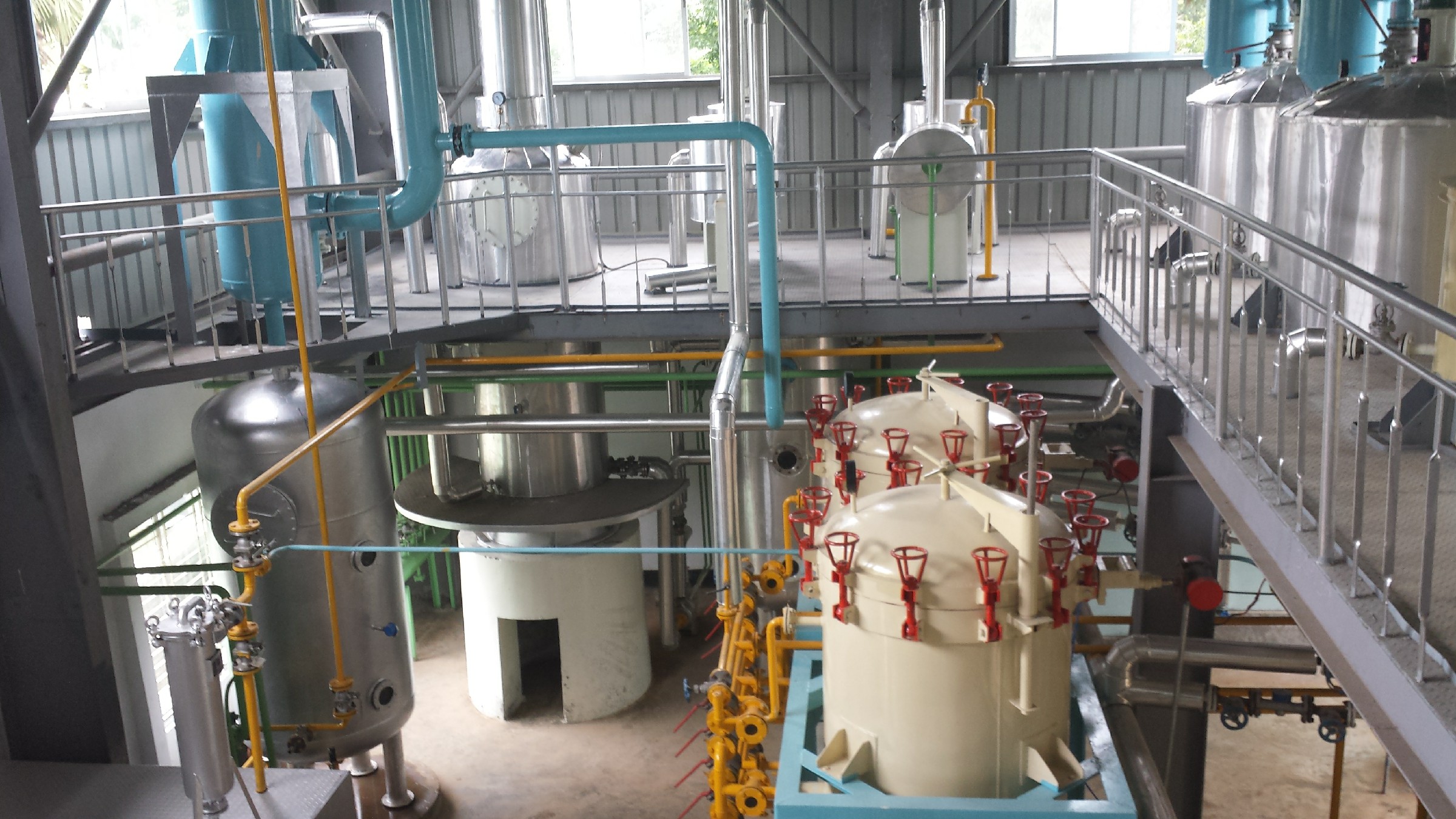
The soybean oil industry is witnessing a pivotal transformation driven by advancements in processing technology and sustainable manufacturing practices. High-quality small-scale soybean oil processing equipment plays a crucial role in this transition by enabling efficient, environmentally friendly, and food-safe oil production. Designed to meet the rigorous demands of international markets, these compact processing lines empower businesses to elevate product quality, optimize production workflows, and strengthen their export competitiveness.
A typical small-scale soybean oil processing setup incorporates essential modules including the soybean cleaning machine, dehulling and crushing equipment, oil press (mechanical expeller), and refining system. Each component is engineered to maximize extraction efficiency and product purity:
Importantly, compared to solvent extraction methods, mechanical pressing is safer, more energy-efficient, and ideal for small-to-medium scale exporters targeting high-grade edible oil markets that emphasize “clean label” and minimal chemical residues.

Maintaining stringent quality and safety standards is non-negotiable in global edible oil markets. The integration of precise temperature control, thorough filtration, and hygienic design in small-scale equipment significantly reduces contaminants and oxidation levels. This ensures oils with superior clarity, longer shelf life, and compliant free fatty acid (FFA) levels typically below 0.1%, satisfying regulatory frameworks such as FDA, EU Food Safety Authority, and ISO 22000 certifications.
| Performance Metric | Target Range | Industry Benchmark |
|---|---|---|
| Oil Extraction Efficiency | 85% - 90% | >90% (Solvent Extraction) |
| Free Fatty Acid (FFA) Level | <0.1% | <0.2% (Edible Grade) |
| Daily Processing Capacity | 1 - 5 Tons | Varies According to Model |
In alignment with global green initiatives, small soybean oil processing plants promote resource optimization and pollution reduction. For instance, mechanical pressing technology typically consumes 20-30% less energy versus solvent extraction. The simplified production chain reduces chemical usage, subsequently minimizing effluent contamination. Additionally, by-products such as soybean meal serve as protein-rich animal feed, contributing to circular economy practices and social sustainability.
.jpg)
Firms leveraging cutting-edge small-scale processing lines experience multiple export advantages:
For example, emerging markets across Southeast Asia have seen an average export volume increase of 15-20% annually when adopting such integrated processing solutions.

Beyond commercial gains, small soybean oil plants stimulate regional economies by creating jobs, fostering skill development, and enhancing agricultural value chains. A typical installation supporting 5 tons/day processing directly employs 15-25 workers and indirectly benefits hundreds in farming and logistics sectors. This multiplier effect assists rural industrialization and poverty reduction aligning with UN sustainable development goals.
Business operators can leverage these narratives as part of their brand positioning to appeal to socially conscious buyers that prioritize ethical sourcing and community impact.
Investing in state-of-the-art small-scale soybean oil processing equipment represents not only an operational upgrade but a strategic pathway to sustainable export growth and a resilient business model fit for future market demands.


